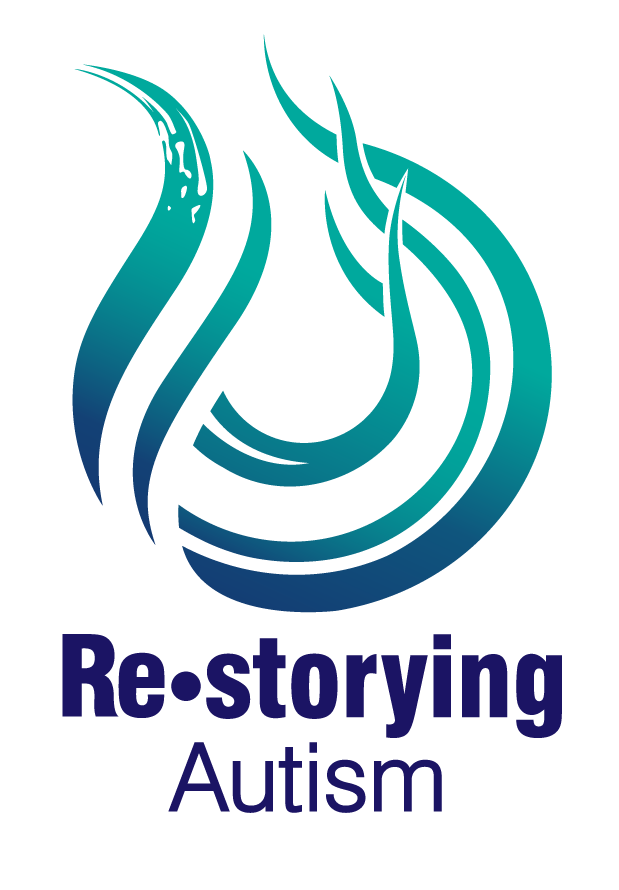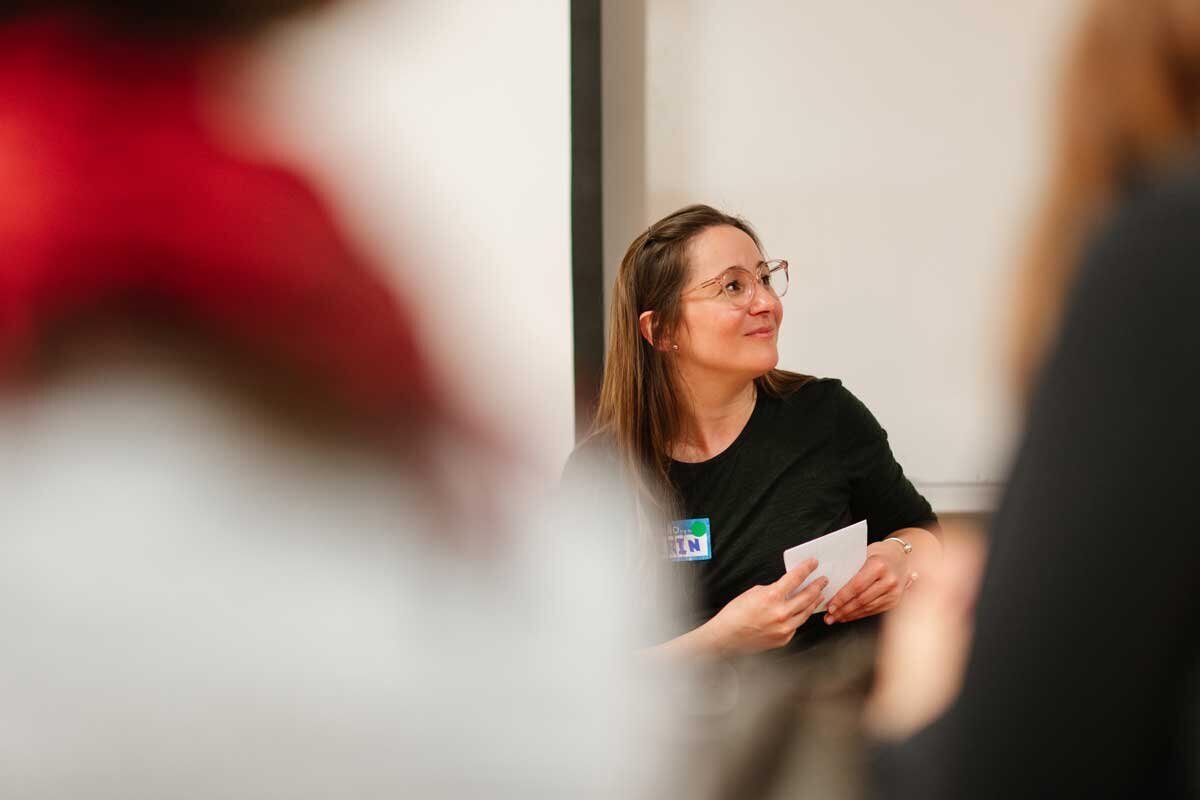
An abstract image of a white undulating structure of geometric shapes.
Mad (M)others: Making Memories Making Madness
About the Project
Mad Mothers is a research thread on the Re•Storying Autism project that started with (m)others in Canada and England who attended story making workshops and wanted to challenge the ways in which (m)others of dis/abled children are labelled as, and are made to feel, ‘mad’ in their/our encounters with the psy-professions (education; psychology and psychiatry). The research uses digital story making as a method of writing back against dominant oppressive narratives of education, (m)othering and disability. We have published two papers and made two videos, which can be viewed here. We are currently writing up our final research findings with (m)others as co-authors and co-researchers using the sociology of gaslighting to understand and challenge ableist patriarchal power in systems. The research is funded in part by the SSHRCH Insight Grant 435-2019-0129.

“We hope making these forces visible will, in some small way, support the social justice work of mad mothers of disabled children in neoliberal contexts” (Douglas et al., 2021, 52).
Publications
Douglas, Patty, Katherine Runswick-Cole, Penny Fogg & Sara Ryan. (2022). Making Memories, Making Madness: Mad (M)others of Disabled Children Write Back Through Digital Storytelling. Journal on Developmental Disabilities. 27 (2): 39-56.
Douglas, Patty, Katherine Runswick-Cole, Sara Ryan & Penny Fogg. (2021). Mad mothering: Learning from the intersections of madness, mothering and disability. Journal of Literary and Cultural Disability Studies. 15(1): 39-56.
“People keep telling me it’s so important for me to share my story. I think this is a good way to help start that process.”
- Michael moon, storyteller participant

Our Goals
Goal 1
To create new knowledge about inclusion by centring the experiences and knowledge of autistic people and their/our supporters
Goal 2
To decolonize our research process and centre the perspectives and leadership of autistic women, trans autistic people, Black, Indigenous and other autistic people of colour previously excluded in autism research
Goal 3
To innovate accessible multimedia storytelling approaches in order to advance practices of inclusion
Goal 4
To transform deficit understandings of autism in education and intervene in practice.
Goal 5
To provide research training and arts opportunities for autistic and other students, artists and interested community members







